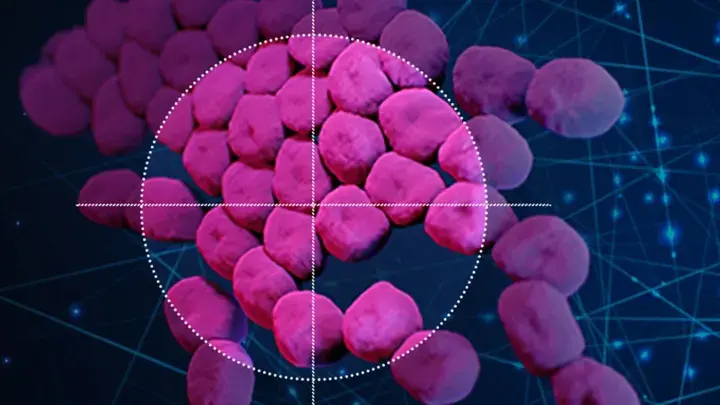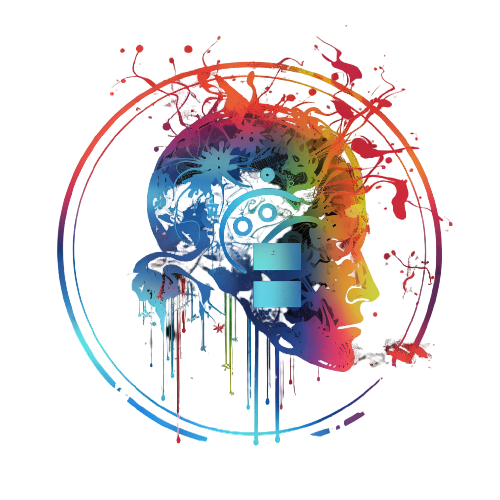AI Driven Antibiotic Discovery: A New Hope
How AI is accelerating the fight against antibiotic resistance, presenting a novel approach in discovering potential antibiotic candidates.

In a groundbreaking study, a team of researchers deployed an artificial intelligence algorithm that sifted through millions of compounds, leading to a significant discovery. Inspired by the AI system Hal from “2001: A Space Odyssey,” they named the resultant molecule 'halicin'. This novel compound showed the potential to kill not just E. coli but various other bacterial species notorious for their resistance to treatment1.
With the success of halicin, the researchers shifted their focus to an even more formidable adversary – Acinetobacter, a bacterium responsible for multi-drug-resistant infections. They armed their AI model with training data derived from exposing A. baumannii (a strain of Acinetobacter) to approximately 7,500 chemical compounds. The model learned to recognize molecular structures that inhibited bacterial growth. The next stage was to test this newfound knowledge1.
The trained model was unleashed on a fresh batch of 6,680 compounds that it had not encountered during training. The compounds, sourced from the Drug Repurposing Hub at the Broad Institute, were analyzed in under two hours. The analysis rendered a few hundred promising candidates, out of which the researchers chose 240 for lab testing. The focus was on compounds with unique structures that differed from existing antibiotics or molecules from the training data1.
The outcome was astonishing. Among the nine antibiotics discovered, one stood out for its exceptional potency. Initially explored as a potential diabetes drug, this compound exhibited an extraordinary ability to annihilate A. baumannii while leaving other bacterial species unaffected. Such "narrow spectrum" killing power is a boon for antibiotics, reducing the risk of widespread resistance and preserving beneficial gut bacteria1.
Further studies in mice revealed that this drug, dubbed 'abaucin', could treat wound infections caused by A. baumannii. Lab tests confirmed its efficacy against various drug-resistant A. baumannii strains isolated from human patients. The compound appeared to inhibit a process known as lipoprotein trafficking, which might account for its selectivity towards A. baumannii. The researchers are now working towards optimizing abaucin's medicinal properties for potential use in patients1.
This innovative study underscores the power of AI in revolutionizing antibiotic discovery, offering a beacon of hope in our battle against antibiotic resistance.
That's it for this fascinating look at how AI is transforming the world of antibiotic discovery. Want to keep up with more stories like this? Be sure to sign up for our newsletter. For those looking to connect further, feel free to send a connection request on my LinkedIn. Stay tuned for more exciting insights into the world of AI!
